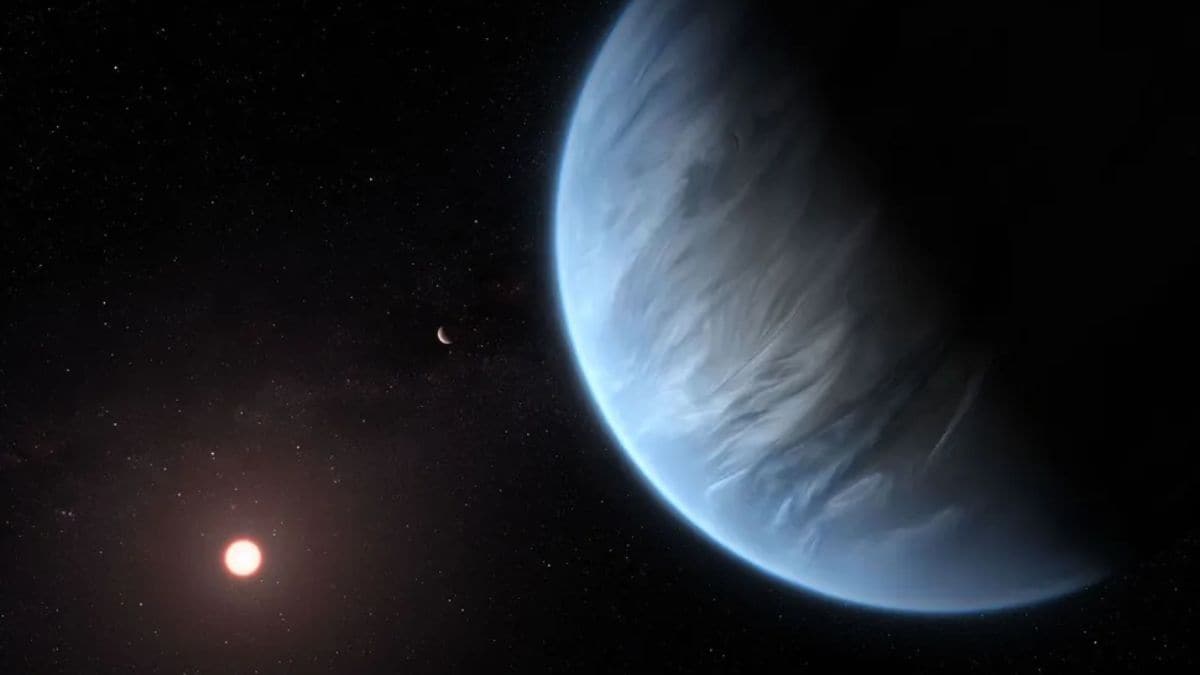Expectations were high at the start of this month when a group of University of Cambridge astronomers reported they had found the “strongest evidence yet” of life on an exoplanet called K2-18b. Their assertions sprang from the detection of dimethyl sulphide (DMS), a gas linked to biological activity in the atmosphere of Earth. Conducted using the James Webb Space Telescope (JWST), the finding suggested that the planet may be a watery, habitable world. But a detailed examination of the facts now begs grave doubt about the veracity of their bold assertions.
Skepticism Grows Over K2-18b Life Claims Amid New Analysis and Calls for More Data
As per a study posted on April 22, Jake Taylor of the University of Oxford applied a neutral statistical test that detected no clear molecular signatures in the JWST data, just a flat line. The studies suggest the signal is either noisy or too weak to provide strong conclusions. The first Cambridge-led study revealed a three-sigma DMS detection much below the five-sigma threshold usually required to prove major scientific discoveries. Critics also questioned the absence of supporting compounds like ethane and claimed the models employed may have exaggerated DMS levels.
Astrobiologists Eddie Schwieterman and Michaela Musilova note that current evidence doesn’t meet strict criteria for proving life; thus, there is a need for multiple independent teams to analyse the same dataset.
Further complicating matters, new research indicates K2-18b may orbit too close to its star to retain liquid water, possibly excluding it from the habitable zone. Adding to the scepticism, DMS was recently detected on a cold comet, suggesting that such molecules can exist without life. Lead author of the original research, Madhusudhan, has supported the findings but discounted Taylor’s test as too simple and “irrelevant” for their assertions.
Most scientists agree that confirmation or denial of DMS existence in K2-18b’s atmosphere depends on additional solid, peer-reviewed research. The argument is still in progress, an ongoing narrative illustrating how science develops not by certainty but by questioning and correction.









